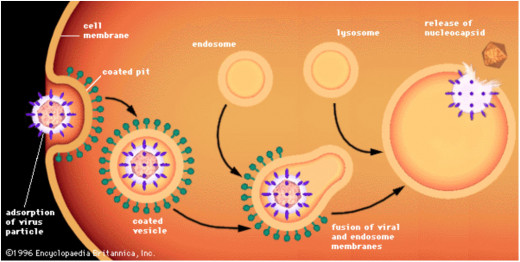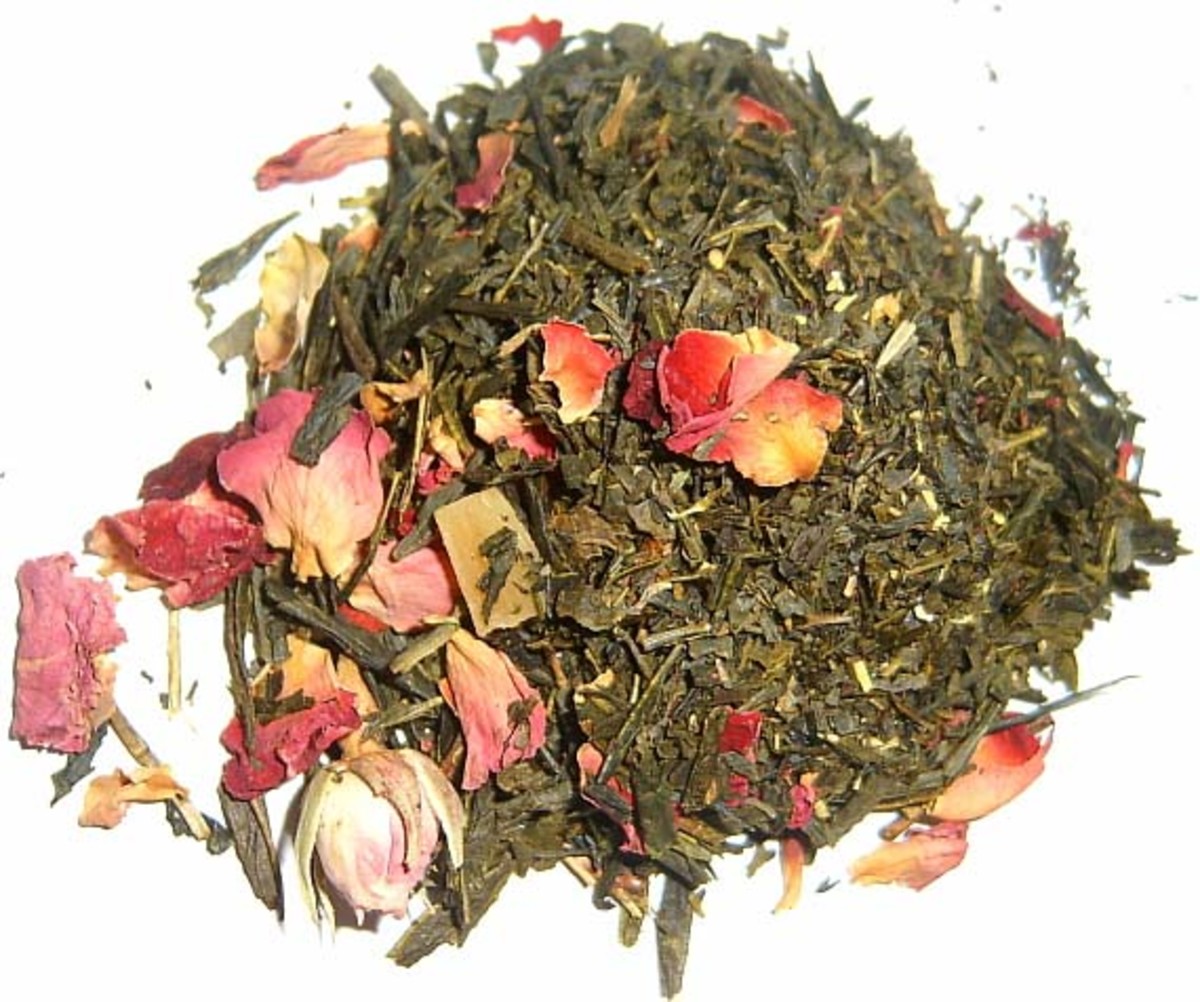- HubPages»
- Health»
- Alternative & Natural Medicine»
- Home Remedies
Elderberry for Colds and Influenza
Elderberries

Influenza's Life Cycle

History and Uses
Traditional Uses
Elderberries have been used since time immemorial as a nutritious and tasty food, and also to brew alcoholic drinks – mostly elderberry wine. They have also been reputed to be useful against colds and influenza for almost as long, especially in the form of wine.
It’s quite possible that the superiority of elderberry wine is based on its alcohol content (maybe it will make you feel better even if your cold doesn’t improve) but also because the fermenting process (and the pressing of the berries before fermentation) release the active constituents and make them easier to absorb.
Discovery
The modern use of elderberry as a medicinal herb probably dates back no further than 1980, when Madeleine Mumcuoglu, a virologist, was looking for a research subject for her PhD thesis. Her research supervisor Dr. Jean Lindemann suggested researching the antiviral properties of black elderberry (Sambuca nigra) which she did – resulting in the discovery of a highly effective anti-influenza agent and a doctorate for Ms. Mumcuoglu.
She developed a standardised extract of the black elderberry, Sambuca nigra, which was proved to have powerful anti-viral effects, particularly against the influenza virus but also against other viruses including the closely related virus that causes the common cold. This is very fortunate, because a bad cold and mild influenza are virtually indistinguishable at least by laypeople.
There was an influenza epidemic in Southern Israel in 1992 which allowed her the chance to carry out studies on the effect of elderberry extract on influenza. Please bear in mind that there are no really good treatments in conventional medicine’s arsenal for influenza; although antiviral drugs do exist now, they have many and varied side effects. In addition, the most commonly used (Tamiflu) was not invented until 1996 – four years after this trial.
The results were spectacular:
- Within 24 hours, 20% of those patients taking the extract had dramatic improvements in symptoms like fever, muscle aches and pains, and coughing.
- By day 2, 73% were improved.
- By day 3, 90% were improved.
In the untreated group, only 16% felt better after 2 days and the majority took a week to feel better.
There is a further point to be made here. All the patients in this trial had influenza for long enough to actually become patients; probably at least 48 hours after the onset of mild symptoms. The mode of action of elderberry extract is such that it would be much more effective if taken at the first hint of a problem. Unlike in the case of most drugs, this is an acceptable method because elderberry extract has no known side effects.
How does elderberry work?
Apart from its vitamin C and antioxidant content, elderberry extract contains neuraminidase inhibitors. The influenza virus is dotted with numerous submicroscopic spikes each of which is tipped with this enzyme, whose function is to break open a cell wall so that the genetic material of the virus can get in to infect the cell. (All viruses work by hijacking the metabolic machinery of the host cell; they can’t reproduce outside cells.) Elderberry extract basically coats the spikes and makes them ineffective.
If the virus can’t get in, it can’t reproduce – and the immune system of the host has time to create antibodies and the like to destroy the virus.
This means that the best time to take elderberry for a virus infection is when you barely know you have one, because at this time the number of viruses around will be at its lowest – and also the viruses won’t have had time to kill too many cells. (Viruses often kill the host cell by rupturing the cell membrane as part of the virus’s reproductive cycle.)
Because of its mode of action, elderberry extract works against all influenza viruses; this means that the issue there is with vaccines, which have to be changed every year and sometimes more often because the virus changes and the vaccines stop working, doesn’t exist.
Because some other viruses have similar modes of infection to influenza (notably colds but also herpes-class viruses such as herpes and Epstein-Barr and some evidence of activity against HIV) elderberry can help somewhat against these viruses as well.
Elderberry also has more general immune-stimulating activity; it increases T-cell production.
Elderberry works very well indeed in combination with immune-stimulating herbals such as Echinacea and Cats Claw.
A Suggestion
Because of the way elderberry extract works, it is best to use it as early as possible in the progress of the diseases it helps; ideally, in the case of colds or influenza, at the first sign of sniffles, an itchy nose or a sore throat. Because of this, I have always suggested that elderberry extract is one of the remedies to keep in the house ready for use. If you don’t, Murphy’s Law will tell you that the time you’ll notice the first symptoms is 11PM on a Saturday. :-)
Safety
Elderberry extract has no known drug interactions. However, its mode of action suggests that it would be best avoided if you are taking immunosuppressants after a transplant.



